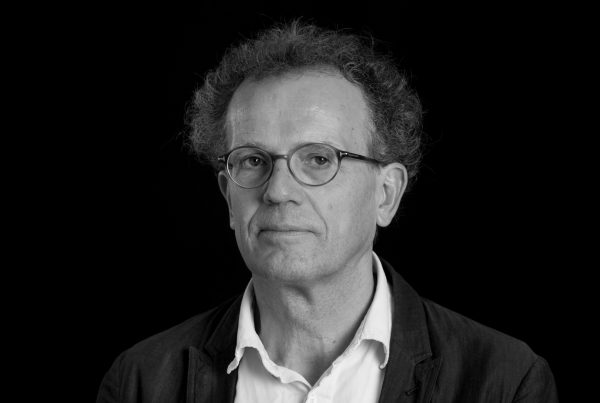Educated in economics, political science and sociology in Hamburg, London and Berlin, Peter Wagner has been academically active in various European countries, including Germany, the United Kingdom, France, Italy and Norway, as well as in the USA and South Africa, before coming to Barcelona in 2010. He was Research Fellow at the Wissenschaftszentrum Berlin für Sozialforschung, Professor of Sociology at the U of Warwick and the U of Trento as well as Professor of Social and Political Theory at the European University Institute in Florence. Furthermore, he held visiting positions at Université de Paris 8 (2011); U catholique de Louvain-la-neuve (2009-10); U of Cape Town (2009-10); U of Bergen (2001); Ecole des Hautes Études en Sciences Sociales, Paris (1998; 2001); U of California at Berkeley (1996; 1997); Swedish Collegium for Advanced Study, Uppsala; Institute for Advanced Study, Princeton (1990-91); Centre National de la Recherche Scientifique, Paris (1994), among others.
Research interests
Peter Wagner's research is based in comparative historical and political sociology, social and political theory, and sociology of the social sciences. It focuses on the identification and comparative analysis of different forms of social and political modernity and of the historical trajectories of modern societies. In this perspective, the term "modernity" does not signal a single and unique model of social organization, but rather variable interpretations of basic human problématiques in the light of specific historical experiences. It was initially applied to a comparative political sociology of European societies, and subsequently to transformations in the self-understanding of Europe. Over the past few years, it was elaborated further towards a "world-sociology", focusing on the tensions between struggles for autonomy and persisting forms of domination and exploring current possibilities of progress in the light of historical experiences in different world-regions.
